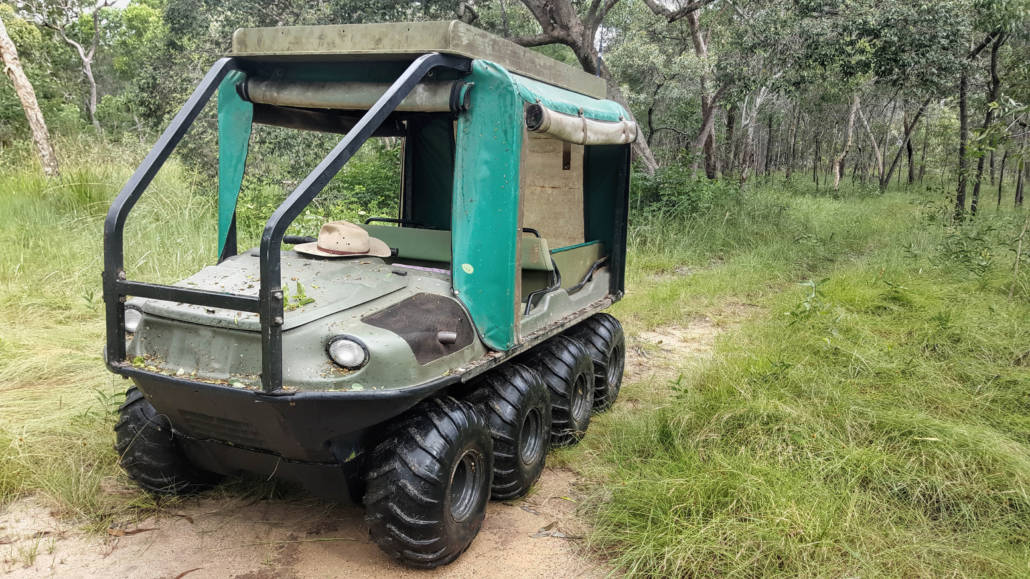Amphibious Guidance for Members of your FamBiz
The Old Family Business / Business Family Debate
Defining the kind of work that I do with members of business families is always a bit tricky for me, so sometimes I like to dive straight into the topic here, hoping I can either enlighten readers, or discover something new for myself.
My clients are either business families or members of such families, and I really don’t do much work with “family businesses”.
I know that may seem almost contradictory, but my focus is on the people and their family above all else, including whatever business they happen to own and run.
Not Really a Business Coach
It’s also taken me a while to truly embrace the term “coach” as a descriptor for what I do, but when I finally got my CPCC certification in 2019, it finally seemed to resonate with me and feel real.
But that doesn’t mean that I’m no longer an “advisor” or even a “consultant” to enterprising families and their members, although the former suits me much better than the latter.
The only exception is when I’m asked what I do while going through customs, where “family business consultant” has been my standard reply and it has never elicited much response, which is the ideal result in that situation.
So What’s with the Amphibious Stuff?
The idea for labelling the kind of advice and coaching I do as “amphibious” comes from thinking about the origins of many of the people I’ve encountered in this field.
Off the top I’ll admit that the term amphibious here is far from a fantastic metaphor, but I want to explore it anyways, because I think it might be instructive.
A quick search of the word amphibious brings back:
“relating to, living in, or suited for both land and water”
What I was really going for was the “suited for”, which in my head would also include “at home in”, or even “native to” but instead of “land and water”, my version is “business and family”.
The Ambidextrous Triathlete?
Some other ideas that came up while considering this include the term “ambidextrous”, as in “able to use the right and left hands equally well”, which gets at a lot of what I want to convey, but still misses out on part of it.
Many of you know of my love for the Three Circle Model, and since the blog linked here dates back to 2013, you know that this is more than just a recent fling.
So if there are three circles, maybe my two-way amphibian isn’t capturing everything either. Admittedly, it isn’t.
Maybe there’s something there to be explored later, where Ownership could be the swimming portion of the race, the biking part could be the Business, and the running at the end could represent the Family.
Those who know me will quickly recognize that all of this is quite far from my comfort zone.
And the Comfort Zone IS Key
But all kidding aside, the idea of a comfort zone is pretty important, and that’s where the amphibious part resonates.
People who grow up as part of a business family experience life differently form those whose parents have “regular” jobs.
Having grown up in such a family, I’m always comfortable sharing those experiences with clients as I coach them, and they frequently nod as they reflect on similarities to their own context.
We’re all more comfortable relating to realities of families similar to our own.
What About “Getting Out of Your Comfort Zone”?
But when working with folks who are part of a legacy family, in order to be part of a process where they make progress, they typically need to get out of their comfort zones, don’t they?
Yes, of course.
In order to do that, it’s always best to recognize all the realities that they’re living within that zone, which is precisely what their amphibious coach will be well placed to do, because they aren’t only comfortable there, they’re also natives.
Guidance and “Walking with” my Clients
The ability to “walk with” someone and to “accompany” them on their journey is something I expounded on in Work with Me, Walk with Me.
Yes, they’d typically be able to benefit from working with any skilled coach, no matter the type of family of origin of said coach.
However, if given the opportunity to work with a skilled coach who has a similar lived experience, the potential for a rich relationship goes up tremendously. And I’ll always say “ribbit” to that!




